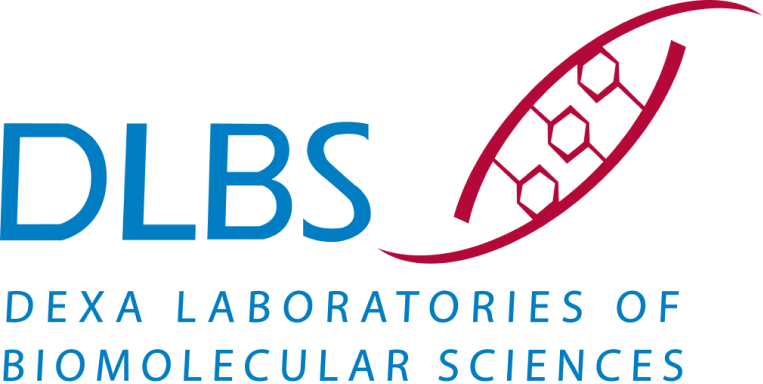Inbumin is an herbal medicine containing Striatin, a bioactive protein fraction derived from Snakehead fish (Channa striata). Due to its high protein content, Inbumin is utilized to promote health and accelerate wound healing in post-surgery and post-partum conditions. In addition to protein, Inbumin is rich in amino acids, fatty acids, and other nutrients that support recovery after surgical procedures. Research conducted in vitro and in vivo has demonstrated Inbumin’s effectiveness in enhancing albumin levels and improving wound healing rate.
Inbumin contains a precisely formulated dose of 250 mg of Striatin in film-coated tablet form.
A Brief Introduction to Our Product
Striatin is rich in protein, amino acids, fatty acids, vitamins, and minerals, all of which are essential for promoting wound healing after surgical procedures. It contains four major protein contents with approximate molecular weights of 8.3, 10.9, 15.4, and 16.7 kDa, which are believed to play an essential role in its pharmacological activity. These proteins have been identified as nucleoside diphosphate kinase and parvalbumin. Striatin has been proven to promote cell proliferation, increase albumin expression and secretion, as well as suppress NF-κB expression, a key signaling molecule in the inflammatory response. This mechanism has been observed in an in vivo study using animal models, which demonstrated enhanced albumin synthesis and improved wound healing rate.
Product Functions
Channa striata has been traditionally used for wound healing in Southeast Asia due to its high biochemical components, such as amino acids and fatty acids. These active compounds of Channa striata have also been identified in Striatin, the active ingredient of Inbumin.
Striatin, a bioactive protein fraction isolated from Snakehead fish (Channa striata), contains four major bioactive proteins with approximate molecular weights of 8.3, 10.9, 15.4, and 16.7 kDa. The lower molecular weights, 8.3 and 10.9 kDa, are identified as parvalbumin, while the higher molecular weights are identified as nucleoside diphosphate kinase (Ndk). In addition, Striatin also contains both essential and non-essential amino acids, fatty acids, vitamins, and minerals. These bioactive components are well-known for their important contributions to the wound healing process, including anti-inflammatory, cell proliferation, tissue repair, and collagen synthesis activities.
We have conducted extensive studies of Striatin, including both in vitro and in vivo. Striatin, at a concentration range of 5 - 40 μg, did not decrease the number of HepG2 cells, indicating the safety of Striatin at the tested concentration. In addition, enhancement of albumin gene expression and albumin secretion in LPS-induced HepG2 cells were also exhibited following the treatment of Striatin. Furthermore, Striatin was also shown to suppress the expression of NF-κB, a molecule involved in the inflammatory response. Accordingly, the activity of Striatin in increasing albumin expression and secretion was through interfering with NF-κB expression. In another study, we also found that Striatin was able to promote cell proliferation, which is essential for the wound healing process. These pharmacological properties of Striatin were confirmed through an in vivo study. It was found that the wound treated with Striatin recovered faster than the untreated group, as shown by a significantly smaller wound area in a similar period of time (p < 0.05). Additionally, the albumin level in the Striatin-treated group was significantly higher than the untreated group (p < 0.05). These results emphasize the activity of Striatin to not only maintain health due to its high nutritional components, but also promote the wound healing process.
Regarding the safety of Striatin, an acute oral toxicity study has been performed in vivo. The results exhibited the LD50 value greater than 5000 mg/kg BW, indicating Striatin as a practically non-toxic substance.
Insights and Discoveries
Dosage Instructions
Take Inbumin 1 tablet orally, 2 times a day.
If You Miss a Dose
Take Inbumin as soon as you remember. If it's almost time for your next dose, skip the missed one. Do not take an extra tablet to make up the missed one.
Contraindications
Inbumin is contraindicated for individuals who are allergic or hypersensitive to any of its components.
Side Effects
No side effects were noticed in all conducted studies. Inbumin is considered safe if taken at the recommended dosage. If you experience any unusual symptoms, contact your doctor.
Important Information for Your Doctor/Pharmacist
Please inform them about the following:
Other medications or supplements you’re taking.
Any allergies you have.
If you are pregnant or planning to become pregnant.
Recommendations for Safe Administration and Use of Our Product
-
Our Patent Rights
Store at a temperature below 30°C, in a dry place, and protect from direct sunlight.
Kept out of reach of children.
Storage Conditions
Inbumin has been registered and is available in Cambodia and Philippines.
Explore Our Global Markets
Potential effect of Striatin (DLBS0333), a bioactive protein fraction isolated from Channa striata for wound treatment (2016).
Molecular identification of Indonesia-origin Channa striata using multiplex-PCR (2018)
Unraveling modulation effects on albumin synthesis and inflammation by Striatin, a bioactive protein fraction isolated from Channa striata: In silico proteomics and in vitro approaches (2024).

